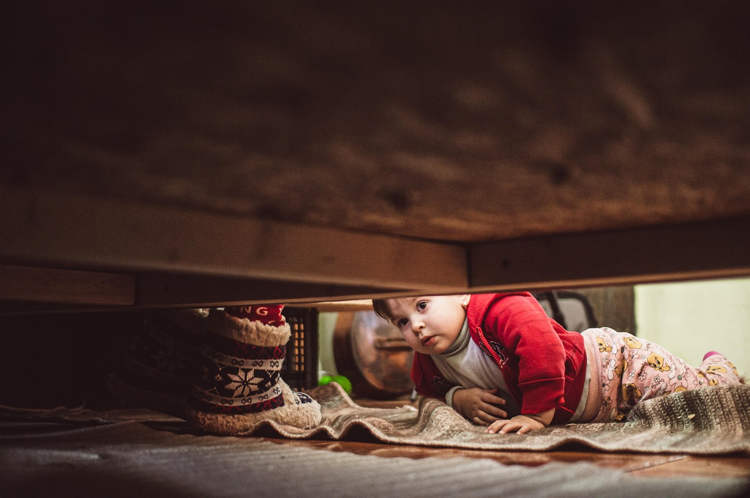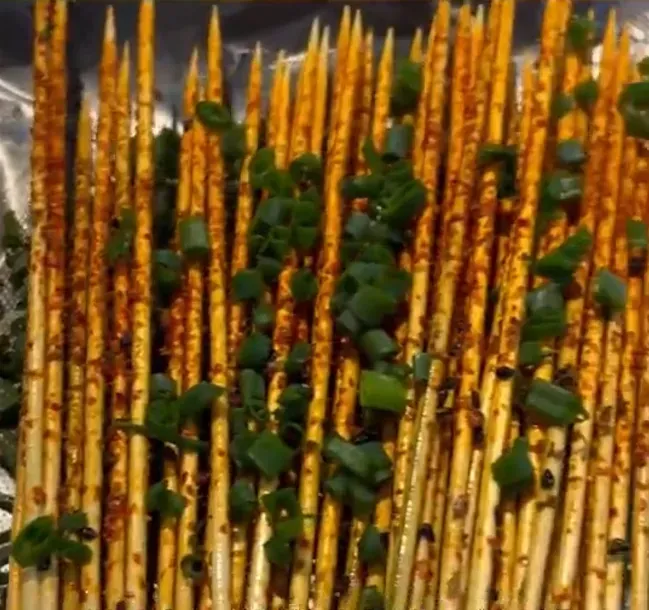Jacob’s Well, in Wimberley, Texas, is one of the most dangerous places on Earth. Named after a biblical reference, the well has claimed the lives of over eight divers, but judging by the large number of thrill seekers who choose to dive in it, that doesn’t scare many people.
On the surface, Jacob’s Well looks like a harmless spring that feeds Cypress Creek. Its mouth is just four meters wide, and looks like a calm water body, revealing very little of the dangers that lurk within. The well has four chambers extending several feet below the surface. Local dive shop owner Don Dibble puts it perfectly: “This is the horror side of it.” The first chamber is a straight drop of about 30 feet, after which it angles down to 55 feet. This chamber gets sufficient sunlight, so it is bright and populated with algae and wild life.
The second chamber is 80 feet deep, and houses a false chimney that looks like a way out of the well, but in fact traps divers. Richard Patton, a student at Southwest Texas State University lost his life in the chimney in 1983. A restricted opening from the second chamber leads into the third, which is a small room with unstable gravel. Divers must be careful not to dislodge the gravel in order to navigate this chamber successfully.
Photo: Patrick Lewis
The entrance to the fourth chamber is a tight passage. Very few divers have ever seen it; they call it a ‘virgin cave’. It is said to have fantastic limestone formations. At the bottom of the chamber is a layer of very fine slit. Kicking it up can completely obscure the vision of divers. These deeper levels of the cave are so dangerous that even experienced divers have been unable to make it out alive. The last known victim of the well was Wayne Wood Russell, an Austin mail carrier. He was an experienced diver in open water and topside caves, but completely unprepared for cave diving.
Photo: Stephen Leonardi
Despite its dangers, the well has always lured divers intto its depths. In the 1930s, young boys from Wimberley and San Marcos would attempt to explore the cave. They wore homemade diving suits made of cut-off water heaters with isinglass peepholes. Old auto tire pumps forced air through a rubber hose to the diver below. But the deepest they got was 25 feet.
Photo: Patrick Lewis
Interestingly, there was a time when Jacob’s well wasn’t dangerous at all. According to 79-year-old historian Dorothy Wimberley Kerbow, “There’s a picture of me at 3 years old at Jacob’s well in the family album. My dad would throw me into the well. You couldn’t sink down because the spring would just bubble you up with such force.” Those were the times when it was impossible to descend into the well. Local historians speculate that in the past centuries, the spring would spume between 10 and 30 feet above the ground. Kerbow said that she and her friends would go down to the well in the 1950s, and jump into it without a care. It was impossible to go more than two feet below the surface.
Photo: Patrick Lewis
Jacob’s well, a danger to divers, is in danger itself. The spring dried up completely for the first time in history in the year 2000. David Baker, a local landowner who is donating his own property towards its conservation, said, “When the spring stopped flowing, it was a wake-up call for everyone. We don’t want it to turn into Jacob’s Cave.
Photo: Imgur
The well is an inspiration to scientists, divers and artists. “Jacob’s Well is the essence of life, creating water every day for thousands of years,” said Baker. “But it is also a great mystery, and that, too is a part of its mythology. Some are frightened by that, and some are drawn to it.”
Photo: Pinterest
Sources: Visit Wimberley, Daily Mail












